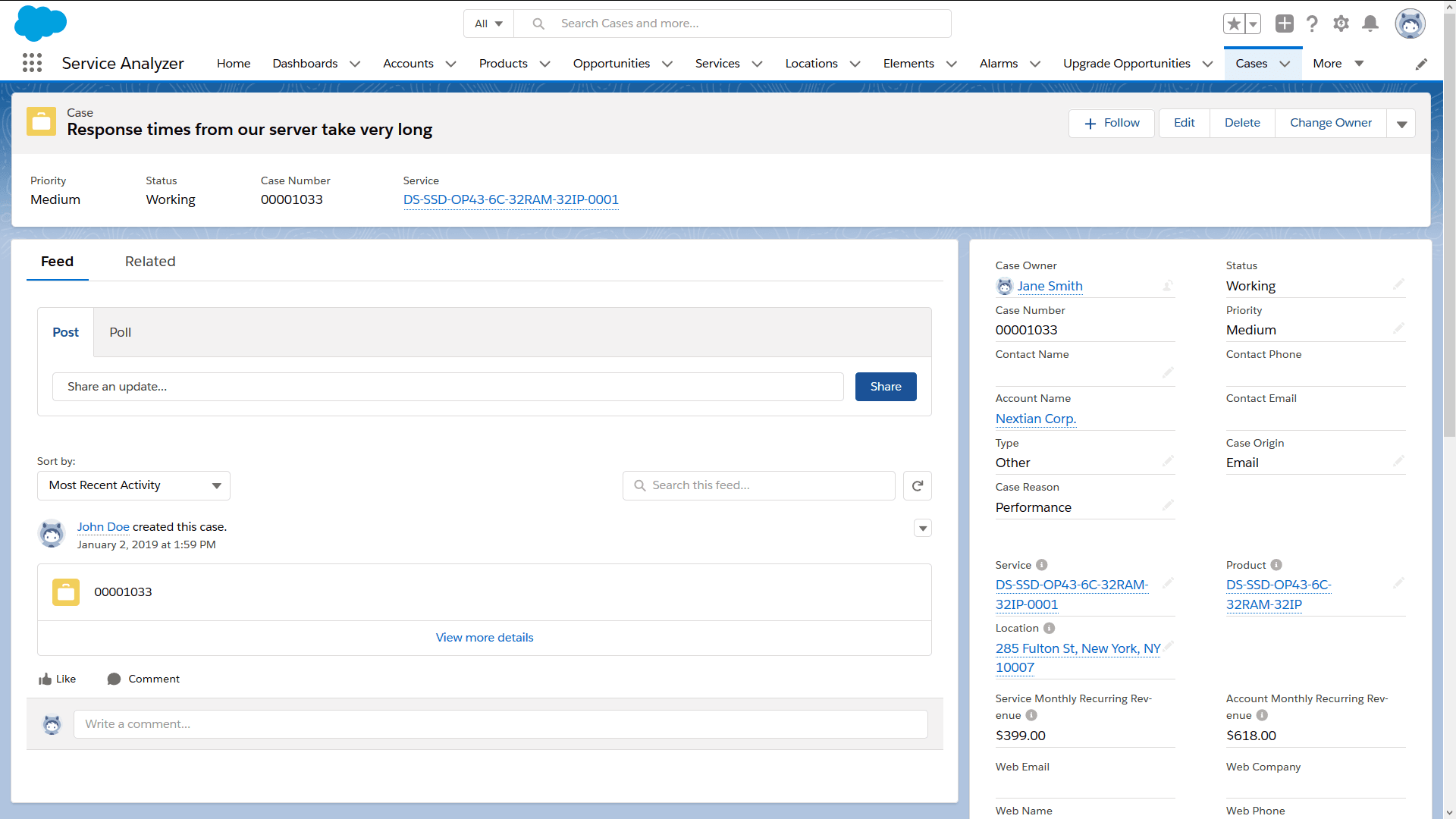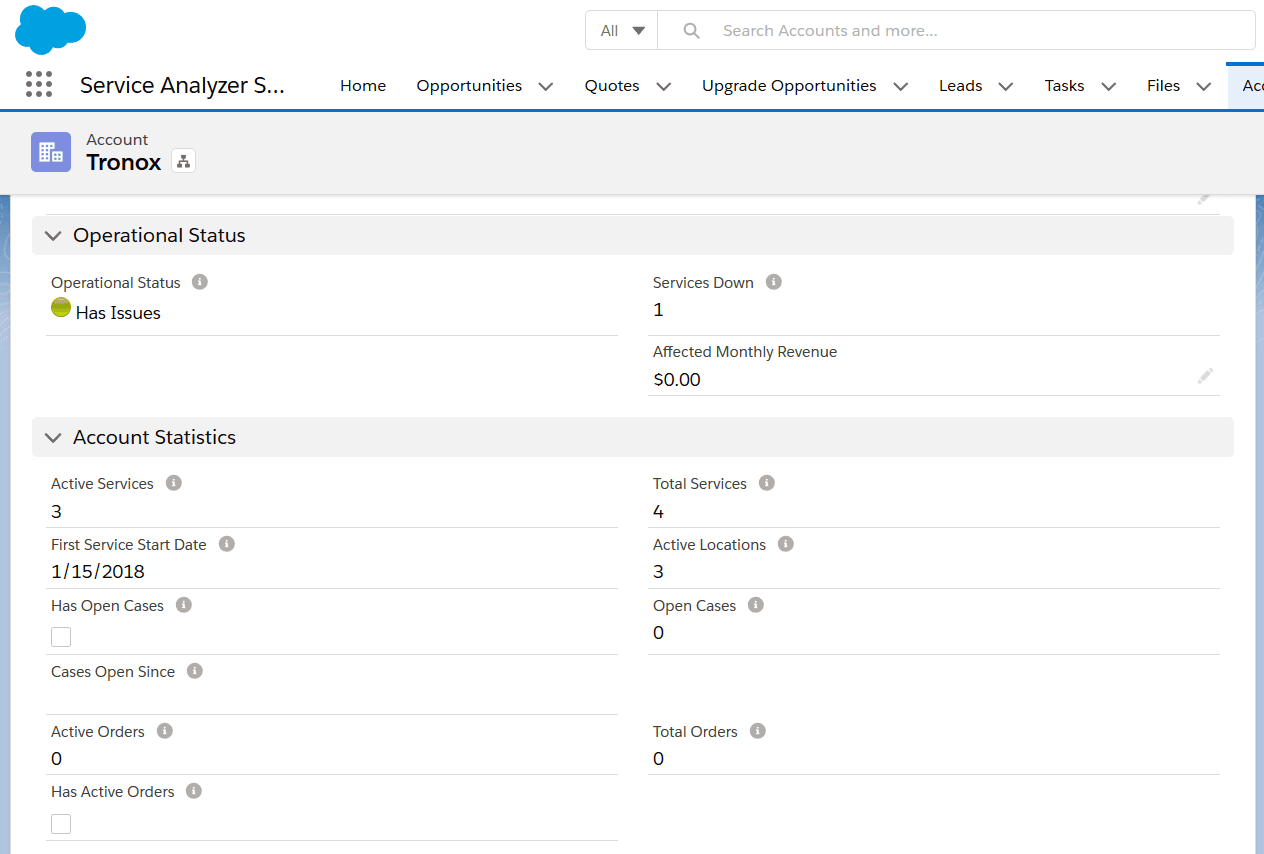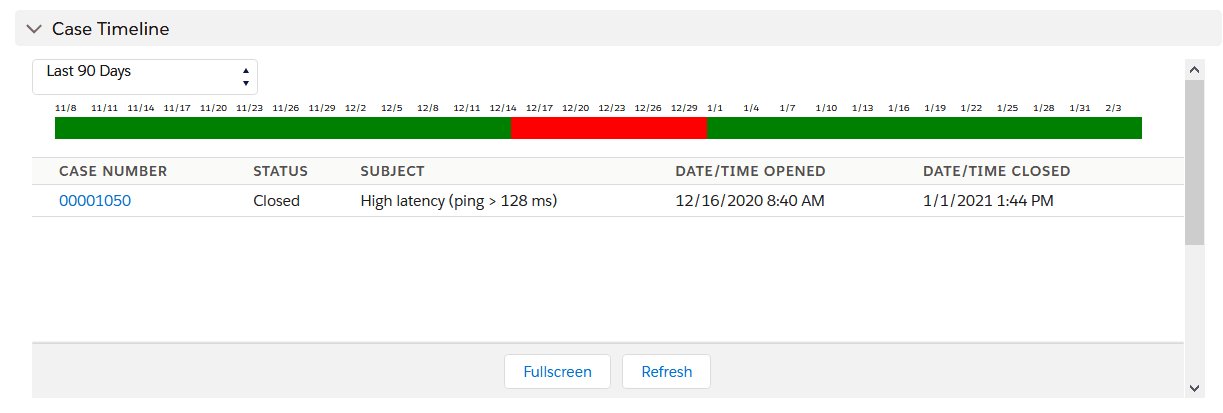The Benefits of Unifying Ticketing, CRM, and Service Management
The market offers a wide range of trouble ticketing and customer support systems tailored for cloud and communications providers. These solutions range from simpler options like Atlassian Jira Service Desk to enterprise-grade platforms such as BMC Remedy and ServiceNow. Historically, such systems have been dedicated to incident and case management, often requiring integrations with tools like IBM NetCool for network monitoring.
However, the landscape is shifting as CRM platforms evolve. Today, leading CRMs like Salesforce and Microsoft Dynamics function as extensible platforms, offering add-on apps for quoting, billing, and financial management. With capabilities for custom data objects and fully programmable UIs, these platforms are driving businesses to rethink their approach to ticketing systems.
This post explores the key advantages of integrating ticketing systems directly within CRM platforms — especially when those CRMs also support service management and inventory tracking. Could this unified approach simplify workflows, reduce costs, and enhance customer satisfaction? Let’s dive in.
Enhanced Customer Support
Keeping CRM and ticketing together enables better issue prioritization because service personnel can be granted access to valuable account information:
- Customer tenure: How long has the customer been with us?
- Revenue impact: How much revenue is associated with this account?
- Customer tier: Is the customer classified as silver, gold, or platinum?
- Open opportunities: Are there any active opportunities, and how much potential revenue is at stake?
- Active work orders: Are there any current work orders or maintenance activities that might be affecting the service?
- Billing status: Is the customer late on payments? A friendly reminder can be built into the ticket resolution process to address such cases.
By leveraging the 360° account data, service teams can prioritize issues more effectively, ensure timely resolutions, and align actions with overall business objectives.

Improved Account Relationships
Keeping CRM and ticketing together ensures that tickets are directly associated with customer accounts, providing account management and sales teams with complete visibility into the current and past ticket history. This offers several key benefits:
- Prevents calling customers with new product and upgrade offers when they have open issues and are unlikely to talk about new purchases.
- Enables account managers to reach out to customers during ongoing issues, demonstrating care and attention to their concerns.
By ensuring ticketing is part of the CRM, businesses can strengthen their relationships with customers.

Better Product Management
When tickets are associated with services and, ultimately, products (including the product catalog) within a single platform — it helps product management to obtain better visibility into product issues:
- Which products are causing issues, and how severe are they?
- What are the root causes of these issues, with a detailed per-product breakdown?
- What are the break-fix costs and resolution durations?
- How much Monthly Recurring Revenue (MRR) is affected by these issues?
By leveraging this integrated approach, product management teams can make more informed decisions, address recurring issues efficiently, and enhance overall product quality.
Cost Reductions
When building a business architecture with siloed systems (e.g., separate CRM, order processing, ticketing, finance, etc.), integrations are required to ensure seamless business process flows across systems.
Unfortunately, integrations are not only costly to implement but also to maintain. They are also highly sensitive to system changes, which can disrupt processes and demand frequent updates.
By consolidating functionality onto a single platform — such as CRM — businesses can significantly reduce costs, minimize data discrepancies, and improve operational efficiency. A unified CRM becomes the single source of truth, enabling trouble ticketing to share the same account, contact, and service information.

Conclusions
For siloed systems (i.e., separate CRM, order processing, ticketing, finance, etc.) integrations are required to ensure that business processes flow through. Unfortunately, integrations are costly (not only to implement but also to maintain), and sensitive to system changes. The more functionality is consolidated within a single platform, the greater the cost reduction and fewer data discrepancies.
When adding ticketing to the CRM, the latter becomes the single source of truth database for account, contact and (preferably) service information. There are multiple options for handling trouble ticketing in Salesforce (described in detail here) enabling businesses to take advantage of CRM/ticketing consolidation.
Nextian has extensive experience in integrating external ticketing systems with Salesforce, as well as implementing and fine-tuning Salesforce Service Cloud.
Contact us today to find out how we can help you!






